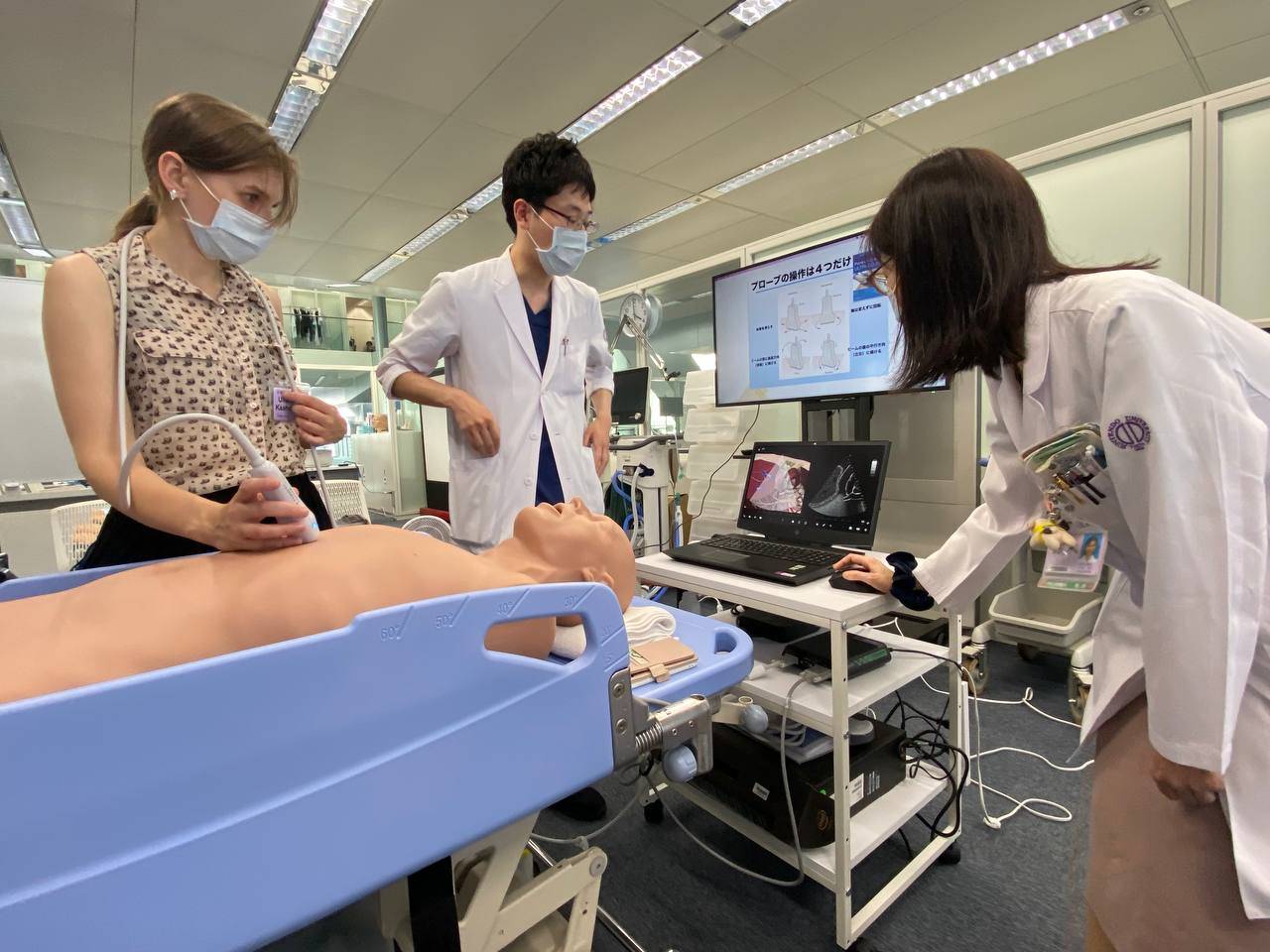The alarms would sound at night, disturbing her sleep, but for anesthesiologist and intensive care specialist Dr. Uliana Kashchii, there was never any question of disabling the app on her phone alerting her to the Russian bombs falling on Ukraine.
That way, even in Tokyo roughly 8,000 kilometers away, she could still stay connected to home.
“Throughout the three months my colleagues and I have been here, the alarms on our phones have continued to go off, warning us of danger, which is the sound that all Ukrainians are listening to,” she said at Tokyo’s Juntendo University.
















With your current subscription plan you can comment on stories. However, before writing your first comment, please create a display name in the Profile section of your subscriber account page.